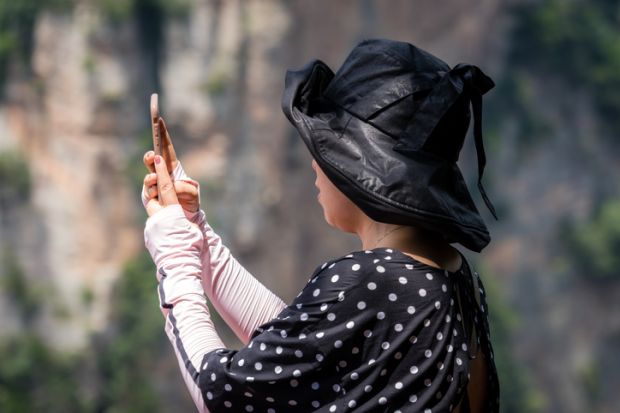A postgraduate supervisor at a Chinese university has been suspended after a preliminary investigation verified allegations of academic misconduct reported by students in his team.
In a widely circulated whistleblowing report, 11 master’s and PhD students at Huazhong Agricultural University, located in Wuhan, make accusations against Huang Feiruo, a professor at the College of Animal Science and Technology and College of Veterinary Medicine, claiming that they were “forced to” alter data and fabricate experiment results by their supervisor, whose frequent personal attacks “have caused anxiety and depression to many students”.
Huazhong issued an official statement saying that a preliminary investigation had found that the claims about research images, data and results were “basically true”. In light of this, it continued, the professor has been suspended from all his titles and positions.
In previous similar cases, social media whistleblowing reports have been used as an effective tool to expose academic misconduct.
“The easy access and broad reach of social media contribute to heightened awareness, creating a web of monitoring systems to spotlight potential instances of academic misconduct,” Michael Mu, associate professor of education futures at the University of South Australia, told Times Higher Education.
“However, it is important to recognise that the problem extends beyond reporting mechanisms within institutions, governments or nation states. It is a much wider neoliberal problem surrounding academics and students, universities and the states more broadly.”
The report contains more than 130 images detailing allegations of plagiarism, data tampering and doctored visuals. Two papers written by a PhD student whom Professor Huang supervised were about two different animals, but present exactly the same results, according to reports, which said there were other similar examples of this.
According to local media, students who were unwilling to fabricate data reported that the professor “won’t let us graduate”. The academic was also accused of using students as “free labour”, requiring them to complete tasks that were irrelevant to research and learning, a practice that has been banned by education authorities.
“Young generations of research students are knowledge workers with a high level of reflexivity, enabling them to undertake transformative, power-rejective practices. The case under discussion here serves as a compelling example of Chinese research students shifting power relations, exposing academic misconduct and demonstrating academic citizenship,” Dr Mu said.
Register to continue
Why register?
- Registration is free and only takes a moment
- Once registered, you can read 3 articles a month
- Sign up for our newsletter
Subscribe
Or subscribe for unlimited access to:
- Unlimited access to news, views, insights & reviews
- Digital editions
- Digital access to THE’s university and college rankings analysis
Already registered or a current subscriber? Login








